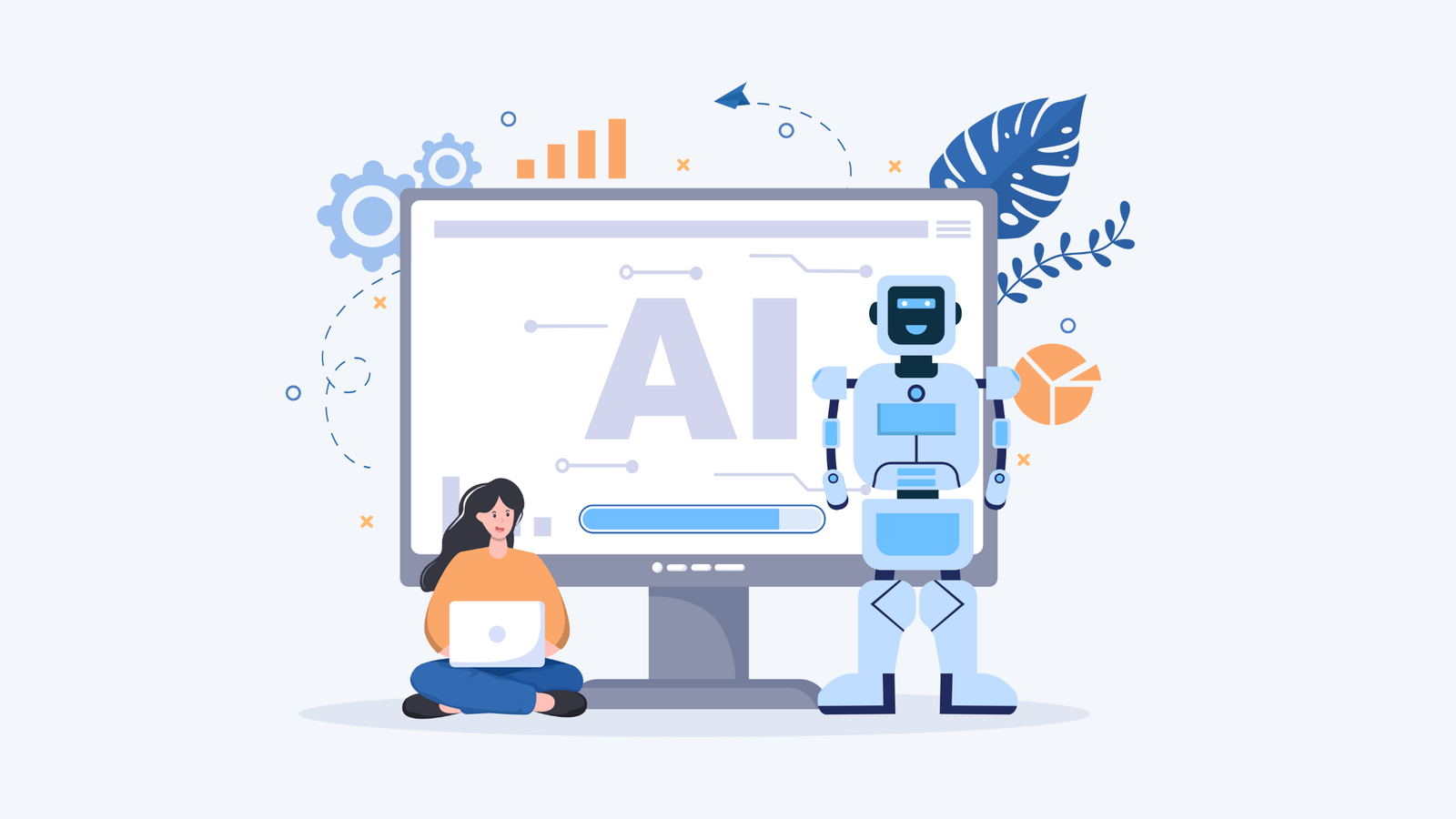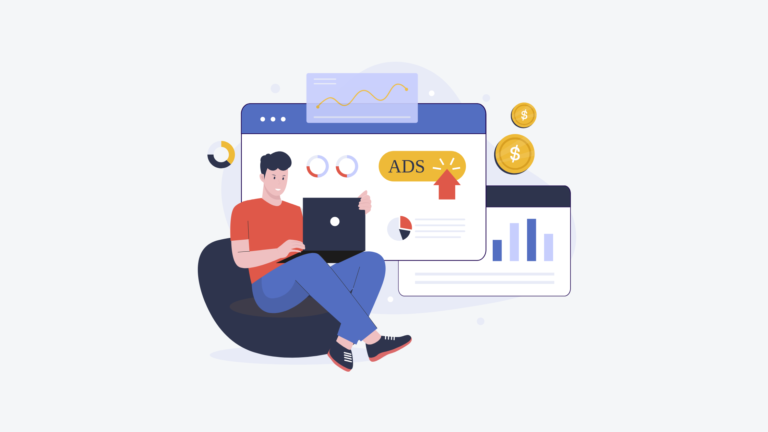How to Use AI for SEO in 2025?
The rise of Artificial Intelligence (AI) has shed a new light on the world of search engine optimization (SEO). In 2025, AI is a necessity rather than a luxury to any business or marketer who intends to be competitive in the search rankings.
This has opened a world of possibilities for business that want to leverage AI for SEO. From AI-enabled keyword research and content optimization to real-time automated SEO audits, traditional SEO is being overpowered by AI-driven technologies for enhanced user experience.
But how businesses can do this and become a competitive authority on search rankings. And when
So what can we do with AI for the improvement of SEO strategies? What are some effective AI tools and techniques to increase ranking, traffic, and the overall user experience?
Therefore, the article discusses the SEO landscape in 2025, backed by key AI-powered strategies, tools, and best practices. The guide will enable marketers, business owners, and SEO professionals to realize AI-driven SEO for long-term success.
Evolution of AI in SEO
Artificial Intelligence is one of the key drivers for many industries, and Search Engine Optimization is no exception. The AI application in search engines and SEO tools has changed optimization-preparing from just matching keyword terms to a more comprehensive user intent understanding and content relevance evaluation.
Here is how AI changes SEO in the recent years:
1. Personal Search Experiences
AI can help create a personalized search result by considering the behavior and geographic location, search history, and other features of the user. Thus, two different people who search for the same keyword can get different results.
And for SEOs, this means finalizing the target audience for the pieces of information about which a particular keyword has been searched in a specific location and in creating content relevant to the target audience.
2. Predictive Analysis for Automated SEO
Numerous repetitive tasks in the SEO sphere, including keyword research, competitive analysis, and content generation, are now being automated by the AI. This allows SEO professionals to engage in strategic thought on matters such as content strategy, link building, and technical SEO.
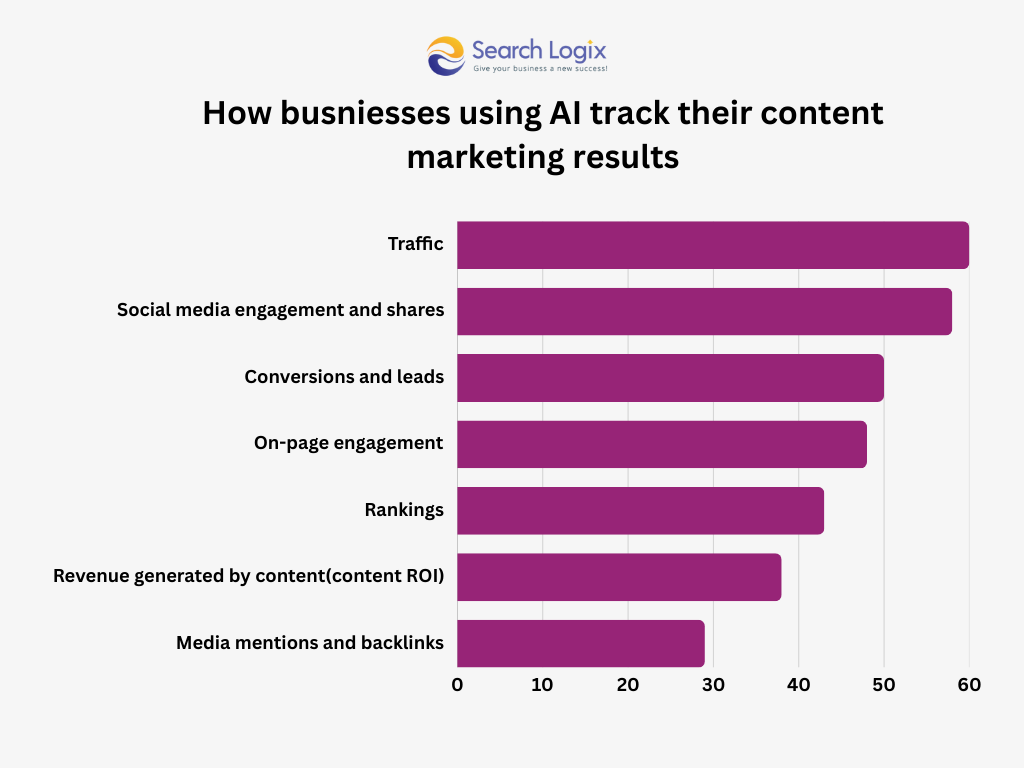
Using AI to analyze data allows for predictions regarding trends in search and user behavior resulting in SEOs pre-optimizing content and strategy to take advantage of ever-changing trends.
3. More Featured Snippets and Knowledge Panels
AI simply brought a ton of featured snippets and knowledge panels, which offer quick answers to user queries, up to the ambient air of the search results. This has resulted in an increasing proportion of what is known among search practitioners as “zero-click searches,” where users find the answer to their question without visiting a corresponding webpage.
This means that companies will really work one way to optimize content to be in these snippets, which can therefore really hurt visibility or add great visibility even if it doesn’t drive traffic directly there.
4. AI content in SERPS
Not only are search engines using AI to generate summaries and answers appearing in search results, but that practice is also gaining more traction and may end up somewhat diminishing the clicks coming to the said website.
SEOs should, therefore, look for the next play, which is to offer insights and perspectives that cannot be accurately provided by AI. The increasing zero-click searches and AI-generated results are prompting a major shift in content strategy.
5. Re-optimization Beyond Keywords
The emergence of AI shifted the focus from keyword targeting to understanding the search intent behind those keywords. Nowadays, through AI, search engines analyze the context surrounding the search query in order to fulfill what they see as the user’s basic need, even if that need is not expressed in the exact words that the user wrote.
AI content analysis tools assess not only keyword density but also several other factors such as their readability, potential gaps in the theme addressed, or even suggest related topics that might be covered.
Impact of AI on Search Engine Algorithms
AI has completely changed the mechanism of working of search engine algorithms beyond simplistic word matching. They also decipher and understand not a text but the context therein, and from the user’s perspective, what he requires from that content.
Thus, it resulted in the quest by changing how some results are generated and ranking given to various websites. Here it is one.
1. Understanding Search Intent
The other great shocker in the SEO game is from the fact that AI has no relations with anything contained within the words of a query. After all, when users enter specific words into the search engine, they usually have a bigger meaning than they did not use the keywords that optimized a particular site.
In such cases, searching engines will recognize the relationship between the content of the site to the general need of that user. Therefore, there is no further need for stuffing keywords. It also feels persuading of thought as far as the motive of writing content to address user queries is concerned.
2. Advent of RankBrain and NLP
AI relates to the recent improvement made by search engines in understanding and processing natural languages. More and more importance has been given to converse searching and long-tail keywords. So, web content must be natural language optimization and predictive of likely questions for which users search.
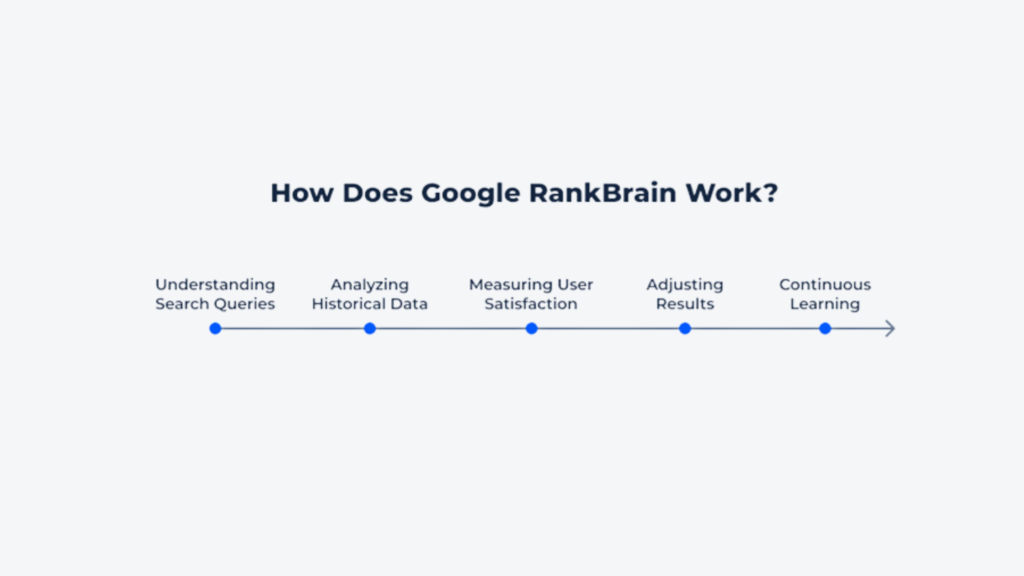
Since Google’s RankBrain highlights machine learning in the algorithm rule to understand queries and use them to rank all search results, it must capture the vast world data and find patterns in it to predict the pages that will work best for the searcher.
That means you need to work on the overall positive customer experience and on the content that they provide as meaningful and entertaining.
3. Dynamic Changes in Search Results
AI algorithms are in constant learning and evolution. Search engines themselves have become more dynamic and engaging with enhanced search results that include featured snippets, knowledge panels, and rich snippets.
These options direct answers to the user queries inside the search itself and reduce any need for users to actually make any clicks to a website. This means optimizing content for search appearance in these features is essential for visibility. Therefore, keeping up with trends and algorithm updates is vitally important to maintain a successful SEO strategy.
Using AI for SEO
SEO was indeed a futuristic concept some time ago, but AI is an industry-wide reality today. And knowing how to use AI and the impact it can generate on your optimization efforts can go a long way toward boosting the benefits of your optimization.
The practical steps in this guide explain the use of AI in the different areas of SEO:
1. AI-driven Keyword Research
- Identify Long-Tail Keywords & Search Intent
Avoid basic keyword-matching processes. Make use of AI tools such as Semrush, Ahrefs, SurferSEO, and MarketMuse to discover long-tail keywords and, most importantly, search intent.
Analyze the results in a SERP to identify the types of content that are ranking and adjust your keywords to match theirs. For instance, instead of just “coffee”, go for “best coffee beans for cold brew at home.”
- Competitor Keyword Analysis
AI systems can analyze competitors’ keyword strategies, exposing keywords they may target that you might have missed. This essentially opens your eyes to opportunities and gaps in your keyword research.
Example: Find out which keywords the top 3 competitors are ranking for and give preference to those keywords that have a search volume and relevance for your USPs.
- Thematic Keyword Grouping
AI splits related keywords into thematic groups. This helps you to plan your content strategy and therefore target these thematic keywords. For example: For the broader theme of Technical SEO, you could group keyword terms like “SEO tips,” “SEO strategy,” and “SEO audit.”
2. AI in Voice Search
- Optimize to Conversational Queries
Queries via voice search are usually very conversational. Use AI tools to observe the pattern of voice search and keep optimizing your content naturally. Example: Optimize not for “best Italian restaurant” but for “where’s the best Italian restaurant near me?”
- Focus on Featured Snippets
Voice assistants often pull answers from featured snippets. Use AI tools to identify opportunities to optimize your content for featured snippets. Example: Structure your content with clear questions and concise answers, using tables and lists where appropriate.
- Local SEO Optimizations
Search results are usually asked in local areas by voice search. Implement voice search optimization strategies and make sure that the Google Business profile matches search patterns. For example: Relevant keywords mentioned in the GMB description and accurate and up-to-date business information.
3. AI in Content Ideation and Creation:
- Content Gap Analysis
Use AI tools to identify content gaps in your niche. What questions are your target audience asking that aren’t being adequately answered by existing content? Example: Analyze forums, Q&A sites, and competitor content to identify topics that are underserved.
- Content Briefs
AI should be used to generate content briefs to include target keywords, suggested headlines, and similar topics to be covered. Using AI will help streamline the content creation process. Example: Tools like MarketMuse can create briefs outlining the contents’ ideal length, keywords, and structure.
- AI-Assisted Writing (Use with Only Caution)
While AI writing tools have gotten a whole lot better, they need to be used cautiously. All in all, the tools can maybe figure out the major points, summarize information, and perhaps create brief drafts of content.
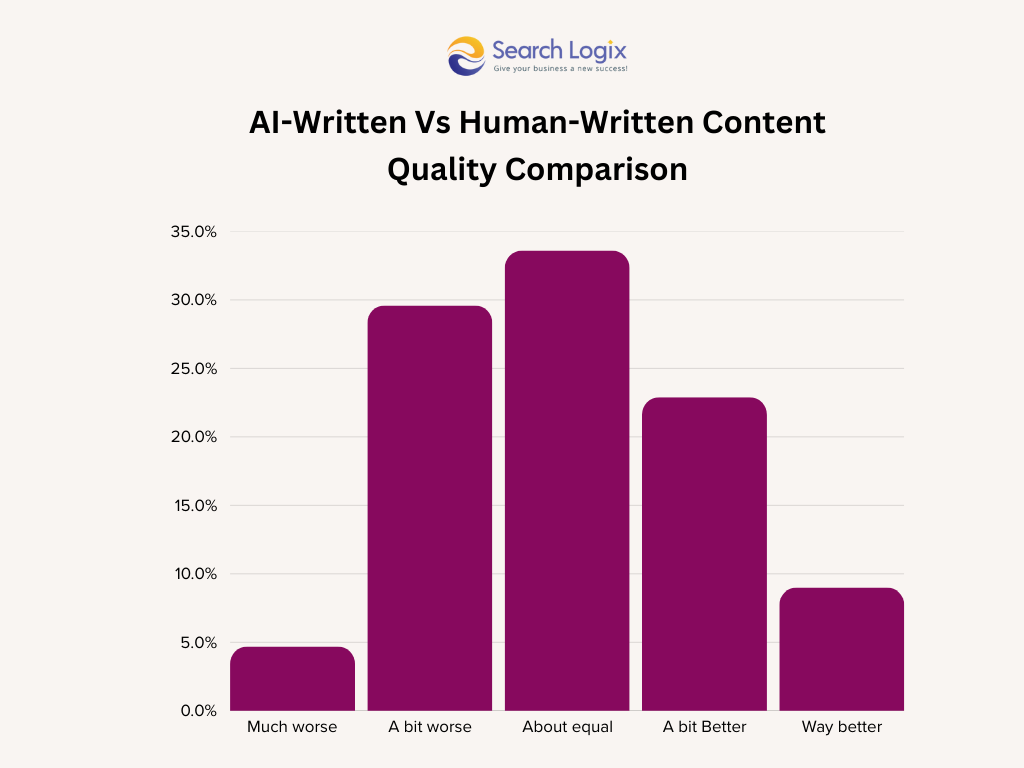
However, content marketers should ensure high quality, accuracy, and originality through oversight and editing. For instance, AI will offer some choice in selecting an effective headline for your brand, but always loop back and choose one that fits precisely.
4. AI for On-page SEO
- AI-Driven Title Tag and Meta Description Optimization
AI for parsing keyword research and SERP analysis suggest the optimal title tags and meta descriptions. An example is the SurferSEO tool which will show you what your top performer rivals are doing and allow you to amend or add the latter on(s) to your meta descriptions.
- Schema Markup Automation
AI helps automate schema markup application procedure to portray the website more lucidly in search engines. A case in point: If the tool assists, it is recommended to use the services of a schema markup generator that is capable of utilizing AI to automatically apply schemas to your web pages.
- Content Readability Analysis
AI is used to scrutinize the readability of content and suggest amendments to ensure it is rendered more readable. A prime example of this is not to overlook a variant of life when contemplating one’s targeted Flesch Reading Ease score.
5. AI for Technical Optimization:
- Crawl Budget Optimization
You can optimize your crawl budget through AI marketing tools, which will scan these pages and check whether they get visited unnecessarily. In this way, search engines can crawl more of your important pages. For example: Unnecessary crawl budget waste will also be through Fixing redirect chains or broken links.
- Website Speed Optimization
The AI tool can analyze the performance of your website concerning different metrics and propose optimization actions to improve the speed of loading. Example: Identify large images or scripts that slow down your site and optimize.
- Log File Analysis
It could also provide crawlers or other technical problems that would affect SEO by logging. Example: Identify 404 errors or server errors, where search engines cannot crawl the site from the server.
6. AI-driven Link Building
- Link Analysis
Using AI to find potential link partners by crawling competitor backlinks to figure out sites like theirs. Example: Find websites that link to your competitors and ask them if they would be interested in linking to your content as well.
- Content Promotion and Outreach
AI can tailor the outreach emails according to the preferences of the influencer, who is deemed likely to be interested in one’s content. Example: Make outreach emails more personal by referring to the content or website of the recipient using AI.
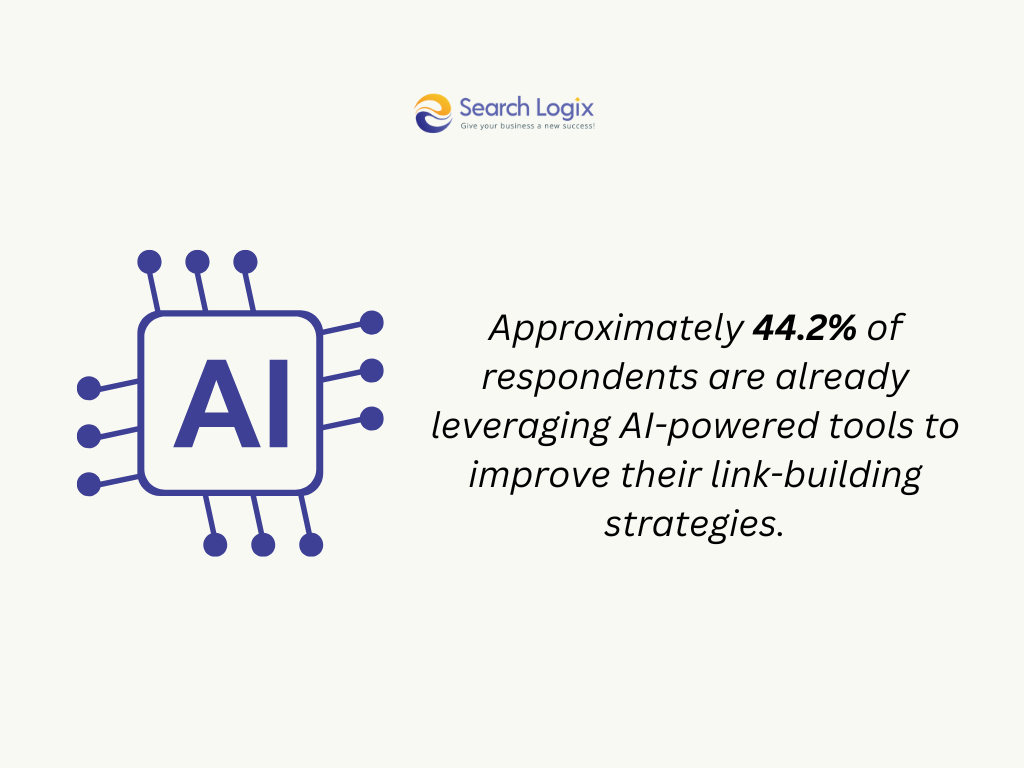
- Link Analysis and Monitoring
AI tools can assist you in the monitoring of your backlink profile. Identify links that may be toxic or have a low value. For example: Compare your backlink profile for quality and compile a list of all low-quality links that might suddenly degrade, which could be indicative of negative SEO.
7. AI for Local SEO
- Google Business Profile Optimization
So much so, that AI can analyze your Google Business profile, suggest necessary changes, and ensure that every element is up to the mark for local search.
For example: Use AI tools to find out what information is missing on your GMB profile and ensure your business information is consistent across all platforms.
- Local Citation Build
AI can literally help automate generation of local citations in relevant directories. Example: Use AI tools to identify the directories where your competitors are and add your business data there.
- Local Search Tracking
AI based tools can track your performance in local searches and areas for improvement. Example: Keeping track of your local search rankings for relevant keywords and where you are falling back against the competition.
Future of AI in SEO
As AI technology continues to evolve at breakneck speed, stronger will be its influence on the algorithmic manifestations and optimization strategies of search engines.
The future of AI in the domain of SEO is not about robots replacing SEO professionals; it is the age of intelligent tools that complement human abilities. It covers the aspects of antithesis to game-oriented, data-driven user-centric optimization.
Here are the future AI trends that will impact the SEO:
1. Emergence of hyper-personalization and contextual understanding
Forget master keyword targeting! AI will facilitate hyper-personalized search experiences, anticipating user needs and delivering incomparable custom-fit results. Search engines will evolve past mere matching of keywords into deeply understanding the finer points of language, context, and user intent.
Therefore, content experiences must be created that are highly personalized and anticipate user questions to genuinely add value to the user. Less talk about keywords; more about the user journey.
2. Semantic search dominance
AI drives semantic search with semantic search becoming even more assertive. For search engines, understanding the relationships and contexts behind concepts, the objectives of complex queries, and the context of provided information will be the name of the game.
Optimizing for semantic search would involve doing things such as constructing comprehensive content hubs, linking relevant topics, and using schema markup for presenting structured data. The Knowledge Graph will outrightly be an even more compelling tool to connect information and establish entity authority.
3. Automation, and the emergent role of SEO Professionals
AI will automate simple SEO tasks to allow professionals to focus on thinking strategically. The job of an SEO professional will change from the manual implementation of SEO suggestions to coordination of strategies, interpretation of data, and development in creative problem-solving. Think less about working title tags and more about comprehensive content planning suited to business goals.
4. Forecasting SEO and Real-Time Insights
AI will render predictive SEO by accessing vast amounts of data to forecast search tendencies, user behavior, and algorithm modifications. This also enables SEO professionals to adjust their strategies proactively and benefit from opportunities. Accordingly, real-time data and insights will be decisive in deciding and staying ahead of others.
5. Intelligent SEO Platforms
These AI-driven SEO platforms would become only more advanced, offering integrated solutions for keyword research, content optimization, technical SEO, link-building, and performance achieve. Such platforms would provide actionable insights to automate complex tasks and make the management of these campaigns very efficient for SEO professionals.
Leverage AI-driven SEO Strategies by eSearch Logix
In 2025, businesses and marketers demand the use of advanced technology and highly agile strategies to outshine competitors and boast a well-planned SEO campaign.
eSearch Logix, the topmost SEO agency, has come to realize how much Artificial Intelligence can transform the application of data in delivering data-driven SEO strategies that lead to tangible results.
We use ordinary intelligence that is fused with the accuracy and scalability that AI provides to maximize your visibility and enable you to accomplish.
Here is how we can help:
- AI-Powered Intent Optimization: Our AI-powered approach analyzes search intent, gets valuable long-tail keywords, and finds hidden opportunities that other traditional ways would find hard to identify. We are targeting the most relevant key terms that can attract your prime audience and consequently turn qualified traffic.
- AI-driven Content Strategy and Optimization: This is how we are going to utilize AI to fill in content gaps, discover trending topics, and optimize your current content for search engines and the customers viewing it. AI-generated insights guide our content strategies to produce quality-relevant content against user-intended action initiatives and boost search rankings.
- Technical SEO Audits & Automation: Technical SEO is quite challenging we utilize AI-driven insights to identify technical problems, including broken links, crawl errors, low site speed optimization, and mobile responsiveness concerns. As such, the website is technically sound and optimized as per search engine crawlers.
- AI-Driven Link Building & Outreach: We use AI in identifying future link partners, analyzing link quality, and individualizing outreach that leads to a high degree of personalization. That will allow us to build real relationships and thus get high-quality backlinks from trusted sources.
- Implement Local SEO Strategies: For local businesses targeting local customers, we harness the power of AI to optimize Google Business profile, tracking local citations, and monitor local search rankings. Our local search engine optimization strategies driven by AI make your business visible to local searchers and drives them to your physical business location.
- Performance Tracking & Analytics: We harness the glory of AI in analytics platforms for tracking your website performance, monitoring keyword ranking, and analyzing the efficacy of our SEO strategy. This way, we can constantly optimize our campaigns for measurable results.
Would you like to take your SEO efforts to the next level with the power of AI? Reach out to our SEO experts today to discuss your requirements while learning how our AI-powered methods can benefit your online marketing goals.

